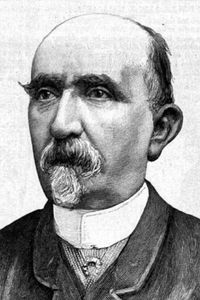Carlo Collodi, a renowned author, entered this world on November 24, 1826, in the charming city of Florence, which was then part of the Grand Duchy of Tuscany. This picturesque region is now known as Tuscany, Italy, a country renowned for its rich history, art, architecture, and delectable cuisine.
Collodi's literary legacy is marked by his iconic creation, Pinocchio, which has been adapted into numerous films, including the 2022 and 1940 versions, as well as Guillermo del Toro's 2022 cinematic interpretation.
Sadly, Carlo Collodi's life came to a close on October 26, 1890, in the same city where he was born, Florence, Tuscany, Italy.







































